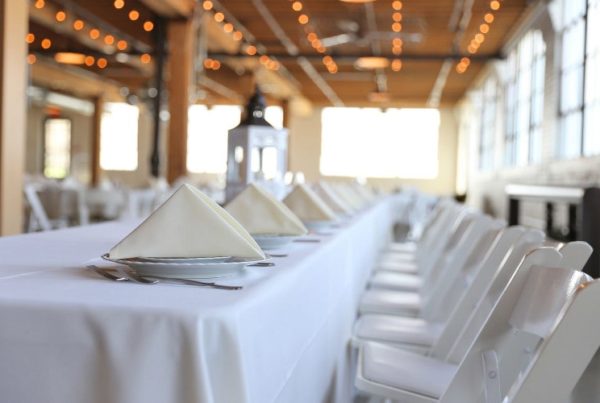
There’s too much at stake when planning a corporate event. You cannot simply wing it! This is why having a checklist is important, ensuring that your planning is on track.
1. The Venue
Since the venue takes a huge chunk of your budget, a whole section of your checklist should be allotted to the venue. There are a lot of things worth considering.
- Is the venue rental fee within budget?
- Does this include catering and any other additional services?
- Would the fee be cheaper at any other point in the year?
- Is the requested date available?
- Does the ambience and venue decor fit the theme, or will you be needing additional decor?
- Is the requested date available?
- Does the ambience and venue decor fit the theme, or will you be needing additional decor?
- Does the venue layout work for your type of event?
- What’s the maximum occupancy?
- Is the location easily accessible?
- Is the venue wheelchair accessible?
- Is there a private parking space?
- Does the venue offer any accommodation packages?
2. Activities
Having a schedule of all the activities that will be carried out during the actual event definitely helps. The time estimate for each activity should also include a buffer that anticipates unforeseen circumstances and delays. Additionally, break down all the activities so that each task has its own mini-checklist.
3. Guests
Guests and speakers should be booked in advance in order to avoid any disappointments. When booking keynote speakers, make sure that the following aspects are taken into consideration:
- Will this person need to be remunerated?
- Where is this individual travelling from?
Do you need to pay for travelling, local transportation and accommodation expenses?
4. Advertising
On-site and off-site advertising is key to a successful corporate event. Consider what your marketing budget is, and make sure that you create a marketing timeline to promote the event beforehand. Furthermore, you need to ensure that on-site advertising, brand merch and corporate goody bags are finalised well in advance.
5. Food
At the very least, your event should include light refreshments, free water refills and plenty of coffee! If you’re considering hosting a buffet or plated meal at any point, make sure that you start contacting caterers well ahead of time. Also, you need to be clear about the type of menu needed. In addition, consider aspects such as special dietary requirements, whether the venue has its own kitchen or not, what kind of beverages will be served and how water is going to be dispensed all throughout the event.
6. Security
Security is a key consideration when planning a corporate event. While security is not always necessary, you need to decide whether it’s essential for your type of event.
7. Followups
Allocate time for follow-ups. Pre-event followups include contacting your contracted vendors to ensure that they’re on the same page and making sure that all pre-event marketing efforts are being managed in an optimal manner. Post-event follow-ups consist of surveys, sending a ‘thank you’ email to all those who attended and keeping interested participants updated with company news and other upcoming events.
If you’re looking to plan a corporate event in Malta or in Gozo, use Evently to find, chat & book multiple event suppliers at once for FREE! All you have to do is fill in the details below.






